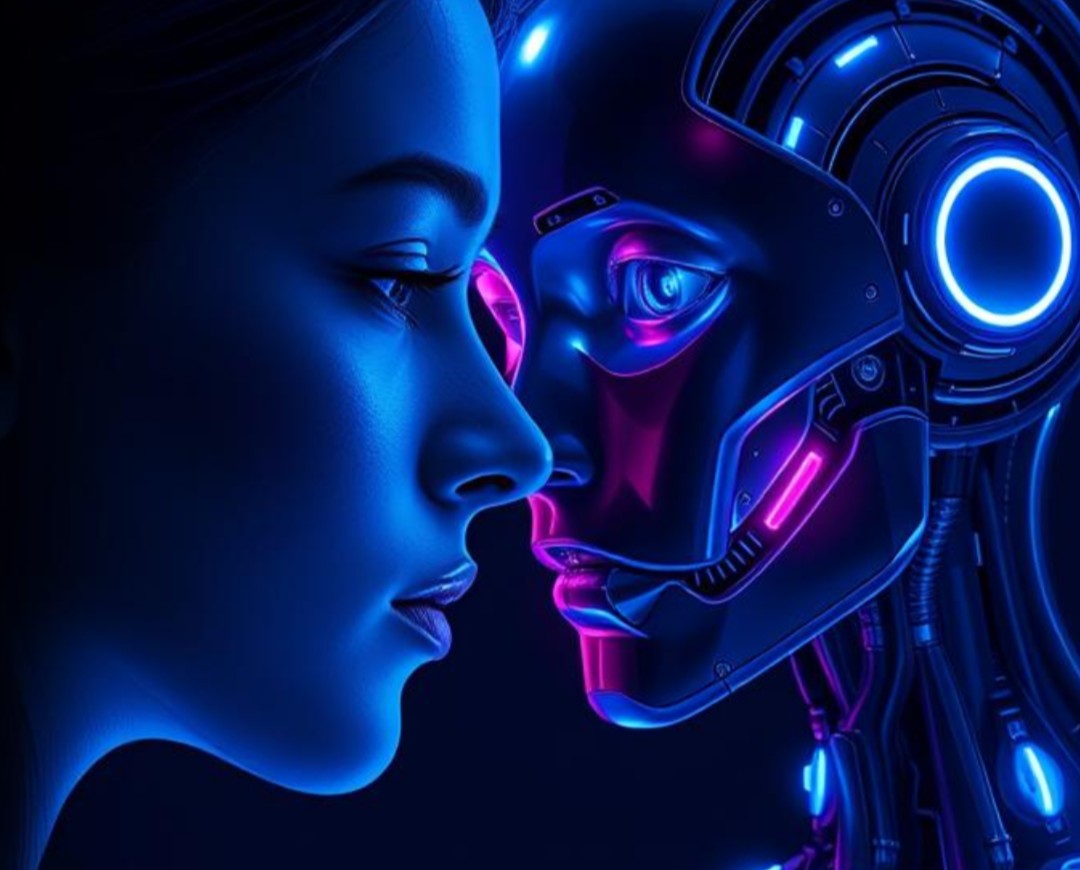AI Agents: The Intelligent Revolution Explained to Everyone
Imagine a digital assistant who not only answers your questions, but also acts for you, plans strategies, learns from its mistakes, and collaborates with others to solve complex problems.
This is the world of AI agents, one of the most surprising innovations in artificial intelligence. But what are they really, and how are they changing the way we live and work?
What are AI agents?
AI agents are software programs powered by artificial intelligence to achieve specific goals, acting with a certain degree of autonomy. They are not simple auto-responders, like the chatbots we see on various websites, nor voice assistants like Alexa that only execute basic commands.
AI agents can perceive their environment (for example, by reading data, images, or text), reason to make decisions, and act to complete complex tasks, often without the need for constant supervision. Think of an AI agent as a highly intelligent assistant that, for example, can organize a marketing campaign:
- Analyzes sales data
- Selects the right audience
- Creates personalized content and schedules social media posts
- Optimizes budget
This is possible thanks to language models (LLMs), like the ones powering ChatGPT, which give agents the ability to understand text, images, videos, and even code, combining this information to act intelligently.
How do they work?
AI agents are like a well-matched team, with different skills working together. According to a recent McKinsey article, these are their main characteristics: –
- Perception: They collect information from the environment, such as sensor data, text, or images. For example, an agent in a warehouse can “see” inventory levels through a connected system.
- Reasoning: They analyze data, find patterns, and make logical decisions. An agent might recognize that a customer is dissatisfied from an email and propose a solution.
- Action. They perform tasks, such as sending replies, updating databases, or controlling physical devices, such as a robot moving packages.
- Planning: They create strategies to achieve a goal, evaluating options and anticipating problems. For example, an agent can plan a supply chain to avoid delays.
- Collaboration: They work with other agents or people, sharing information to tackle complex tasks, such as coordinating a project across multiple departments.
- Self-improvement: They learn from experience, honing their skills. A complaint agent can become better at solving problems over time. AI agents also have a “memory” that helps them remember past interactions, maintain context, and improve their performance.
They can use external tools such as APIs to access real-time data or software to perform calculations, making them extremely versatile.
AI agents, assistants, and bots: what’s the difference?
Not all AI systems are created equal. Here’s how they differ, according to McKinsey and other sources: –
- Bots: They follow fixed rules and perform simple tasks, such as responding “Thank you for your order!” in an online store. They don’t learn or decide on their own.
- AI Assistants. Like Siri or Google Assistant, they respond to your commands and can suggest actions (e.g., “Do you want to set a reminder?”), but they depend on your instructions.
- AI Agents: They are more autonomous, capable of managing complex, multi-step tasks without the need for continuous input. They can decide, plan, and collaborate. Imagine a bot as a waiter who follows a script, an assistant as a helper who gives you advice, and an AI agent as a manager who takes the initiative to complete a project.
Where do we find them?
AI agents are already transforming our world, often in ways we don’t notice. Here are some examples, also inspired by McKinsey:
- Customer Service: In companies like telecommunications, AI agents answer thousands of questions a day, solving simple problems (e.g., “How do I reset my password?”) and passing complex cases to human agents.
- Supply Chain: In warehouses or factories, they optimize inventory, forecast demand, and reduce waste, as happens in large logistics companies.
- Healthcare: AI agents analyze medical records to help doctors diagnose illnesses or suggest personalized treatments, improving accuracy.
- Self-driving cars: In Tesla vehicles, AI agents process data from sensors and cameras to navigate safely.
- Marketing: They create personalized campaigns by analyzing customer data, like Amazon does when it recommends a product that seems tailor-made for you.
Types of AI Agents
AI agents are divided based on how they interact or the number of agents involved.
- Interactive Agents: Also called “surface agents,” they collaborate directly with users, as in a customer service or educational app. They answer questions and offer personalized support.
- Background agents. They work behind the scenes, automating processes like data analysis or workflow optimization, without interacting directly with people.
- Solo agents. They operate alone for well-defined tasks, like managing a calendar.
- Multiple Agents: They collaborate or compete to achieve complex goals, like a team of agents managing a business project, each with a specific role.
Why are they a revolution?
AI agents bring enormous benefits:
- Efficiency: They automate repetitive tasks, saving time and money. An agent can handle hundreds of emails in minutes.
- Personalization: They offer customized solutions, such as suggesting a workout plan based on your goals.
- Innovation: They solve complex problems, such as monitoring climate change or optimizing energy networks, as McKinsey points out.
- Scalability: They can handle large volumes of work, such as analyzing millions of data points for a company.
Challenges Ahead Despite the potential, there are obstacles:
- Privacy: AI agents use a lot of personal data. Ensuring that it is protected is crucial, as highlighted by McKinsey.
- Reliability: A mistake in an agent, such as in a self-driving car, can have serious consequences.
- Access: Not everyone has the resources to use these technologies, risking creating inequalities.
- Impact on Work: They automate tasks, but they won’t replace people. Rather, they will push us to learn new skills, such as managing AI agents.
The future is already here. AI agents are just getting started. In the future, we may see teams of agents working together, like a digital orchestra, to manage complex projects, from event planning to scientific discovery.
McKinsey predicts they will become essential for businesses, transforming sectors such as commerce, healthcare, and logistics. However, responsibility is needed. Developers must create ethical and transparent agents, while we must use them consciously, knowing that they are powerful, but not infallible, tools.
Conclusion
AI agents are like intelligent allies that help us navigate an increasingly complex world. Whether it’s simplifying your day or revolutionizing an industry, they’re here to make everything smarter and more connected.
The next time an app seems to anticipate your needs, remember: there’s probably an AI agent at work, ready to lend a hand. And you, are you ready to discover what they can do for you?
Follow us on Google News to receive daily updates on cybersecurity. Contact us if you would like to report news, insights or content for publication.

Areas of Expertise: Artificial Intelligence, Decentralized AI on blockchain, Smart contracts and ERC-8004 protocols, Multi-agent systems, Security and Defensive AI, Verifiable decentralized inference, Blockchain engineering and AI integration

